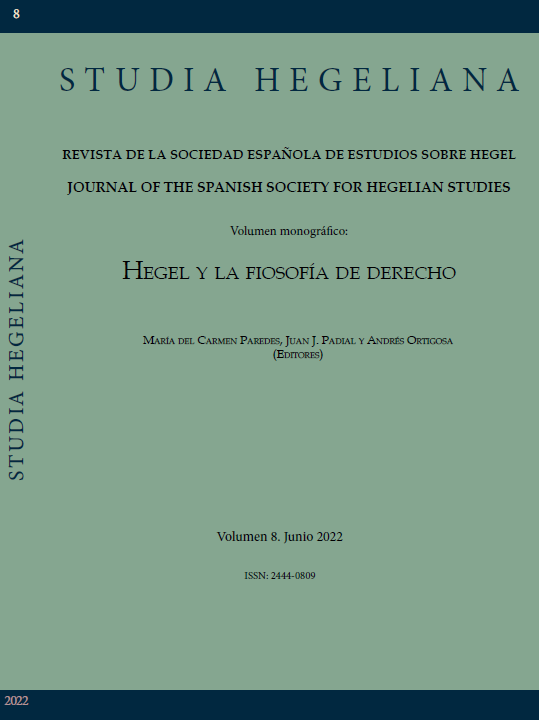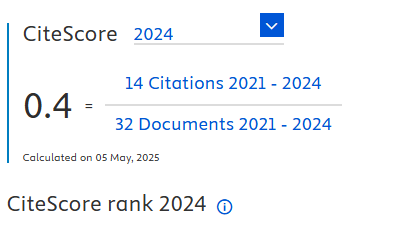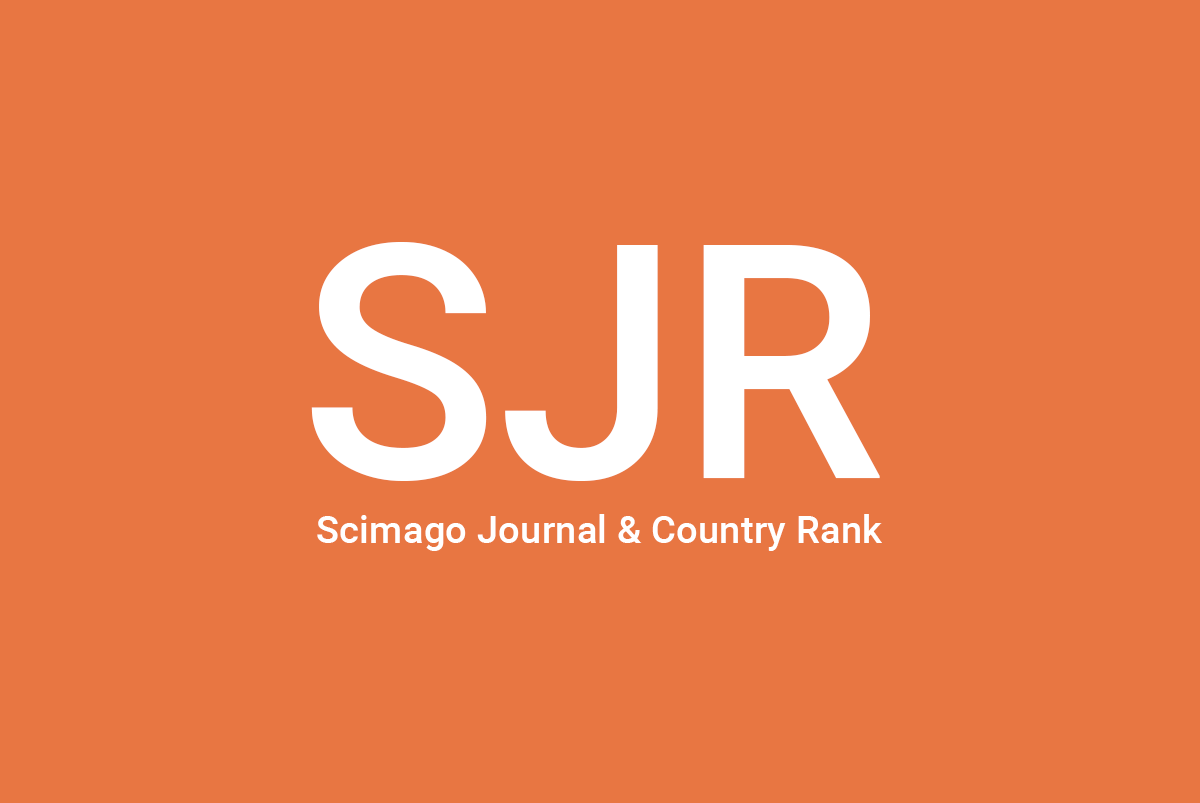Hegel, Life and Death in the Writings of Frankfurt and Jena
DOI:
https://doi.org/10.24310/Studiahegelianastheg.v8i.13753Keywords:
Love, Life, Death, Sittlichkeit, Fragment, Intersubjectivity, Writings of Frankfurt and JenaAbstract
G.W.F. Hegel's philosophy in the early Frankfurt period is linked to the idea of unity, the totality of life, in relation to nature. Hölderlin will concur with his Hyperion in this idea of the exaltation of life, which is found in Hegel's manuscript of 1800 shortly before he left Frankfurt. Love is developed as a reconciliation between lovers which, without suppressing the differences, unites the separated, but life is "feeling" and there is no room here for the reflection of the understanding. Hegel analyses love in relation to presence and identity, unity and children and property. Particularly in the Jena text of the System Sittlichkeit, Hegel goes on to analyse intersubjectivity from the point of view of violence. The possibility of admitting both value and passivity that abandons itself to fate. Although self-consciousness, Hegel considers, is to be found in the recognition of the self-consciousness of the spouses established by the conciliation of love (where he analyses modesty). However, he understands that there is no room for reflection on life except in violence through the exposure of life to death. It is a different concept to life as principle and process (werden) in a different way to the Frankfurt elaboration of that organic unity of the whole in which the multiplicities integrated in organic life fit and he will think (Jena) that "the only master is death". But he also thematises "the beautiful soul", which he identifies with Jesus and associates with pure love and destiny.
Downloads
Metrics
Publication Facts
Reviewer profiles N/A
Author statements
Indexed in
-
—
- Academic society
- N/A
- Publisher
- Universidad de Málaga
References
Downloads
Published
How to Cite
Issue
Section
License
This journal provides immediate free access to its content under the principle of making research freely available to the public. All contents published in Studia Hegeliana. Journal of the Spanish Society for Hegelian Studies, are subject to the Creative Commons Attribution-NonCommercial-ShareAlike 4.0 licence (specifically, CC-by-nc-sa), the full text of which can be found at <http://creativecommons.org/licenses/by-nc-sa/4.0>. Derivative works are therefore permitted as long as they are not used for commercial purposes. The original work may not be used for commercial purposes. The journal is not responsible for the opinions expressed by the authors of the works published in it.
It is the authors' responsibility to obtain the necessary permissions for images that are subject to copyright.
Authors whose contributions are accepted for publication in this journal retain the copyright. It is non-exclusive right to use their contributions for scholarly, research and educational purposes, including self-archiving or deposit in open access repositories of any kind.
Since volume 7 of 2021 the journal Studia Hegeliana has changed the copyright. Since that year the authors have retained the copyright.
The electronic edition of this journal is published by the Editorial de la Universidad de Málaga (UmaEditorial), being necessary to cite the source in any partial or total reproduction.







244.png)






















